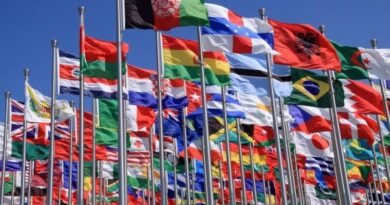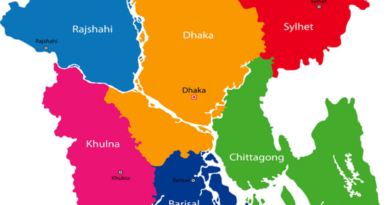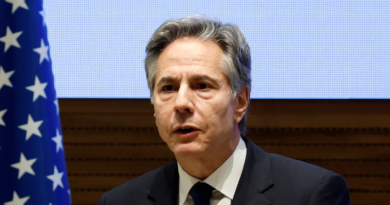BILALTERAL Talks Between PM Modi & Chinese Supremo Xi Jinping Expected To Be Crucial For Their Nations
AHEAD Of Prime Minister Narendra Modi’ meeting with Chinese President Xi Jinping between April 27 and 28 on Chinese soil, India has declined to endorse China’s Belt and Road Initiative through Pakistan Occupied Kashmir at the just concluded meeting of the Foreign Ministers of Shanghai Cooperation Organisation. However, “The foreign ministers of Kazakhstan, Kyrgyzstan, Pakistan, Russia, Tajikistan and Uzbekistan reiterated their support for the ‘Belt and Road Initiative’ – China Pakistan Economic Corridor being built by China at the cost of 2 billion USD.”The parties support the use of the potential of countries, international organisations and multilateral institutions in the region to establish a broad, open and mutually beneficial partnership in the SCO region,” an official statement said. India and Pakistan were enrolled into the SCO which is dominated by China and Russia. The meeting was convened to approve the agenda for the SCO summit to be held in Chinese city of Qingdao in June. Prime Minister Narendra Modi is likely to attend the Summit. External Affairs Minister Sushma Swaraj attended the SCO Foreign Ministers’ meeting. India also declined to react to the joint statement released in Chinese and Russian languages on the CPC.India had boycotted the Belt and Road Forum (BRF) organised by China last year in Beijing to register opposition to the project. China is spending vast sums of money across the world building connectivity projects under BRI for expanding its global influence. The BRI is expected to figure in the informal summit between Modi and Xi at Wuhan on April 27-28. It will be informal meeting without any fixed agenda and hence, no agreement is expected to be signed between the two neighbouring nations who have diverse positions on various issues. Besides, the meet between the two leaders, there will be meetings with other officials. Interpreters will be there to help PM Modi and Xi but no note takers will be allowed. India has a huge trade imbalance tilted in China’s favour .This issue was flagged from time to time by India besides boundary question. India has repeatedly told China that it cannot be a party to Belt and Road Initiative as it runs through POK in violation of India’s territorial integrity. Pakistan based Masood Azhar cannot be declared an international terrorist by the United Nations due to opposition by China. China is also standing in the way of reforming Security Council with India as a Permanent Member, her bid for Membership of the Nuclear Suppliers Group, sharing hydrological data and Chinese projects on the Brahmaputra River. India cannot support OBOR/BRI as long as POK is not vacated .The bilateral meet between PM and Chinese President is being held after the de-escalation of the 73-day-long military stand-off in Doklam. India has meanwhile indicated that it will honour the commitment given in 1988 by then PM Rajiv Gandhi recognising “Tibet as part of China and not allowing “anti-China activities” on Indian soil. Indian government officials were advised to stay away from the Dalai Lama events and this action has gone a long way in removing China’s misconception about India’s intent. In the meantime, the candid admission by a Chinese diplomat that the Dokalam standoff happened due to “lack of mutual trust” between India and China and emphasising the need to work together to create favourable conditions and gradually settle the boundary issue is welcomed. The dialogue between India’s PM and Chinese President is indeed long waited to allay mutual misconceptions.
A top Chinese diplomat said today, ahead of this week’s informal summit between Prime Minister Narendra Modi and Chinese President Xi Jinping.
Indian and Chinese troops had been locked in a stand-off for over two months last year in the Dokalam area near Sikkim before “disengaging” on August 28. The area of the standoff is also claimed by Bhutan.”The boundary incident that happened (at Dokalam) last year someway reflected lack of mutual trust between the two countries,” Vice Foreign Minister Kong Xuanyou told the media when asked about the Dokalam standoff.




